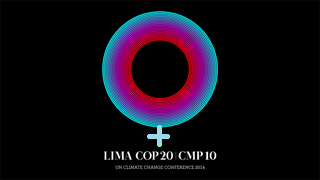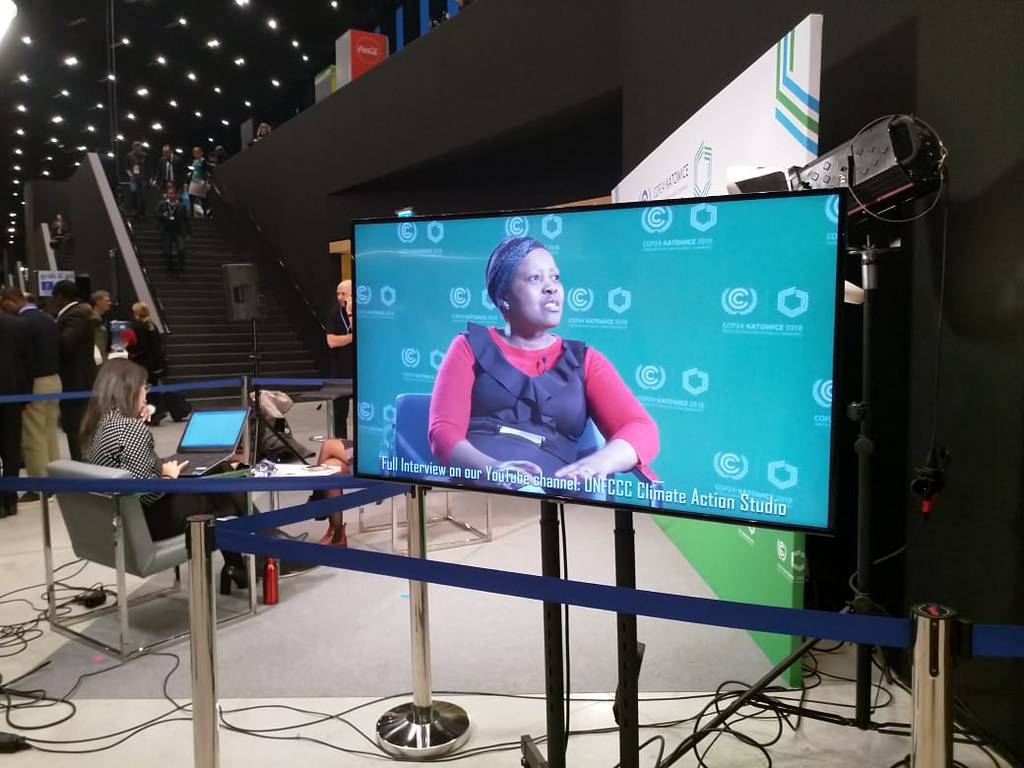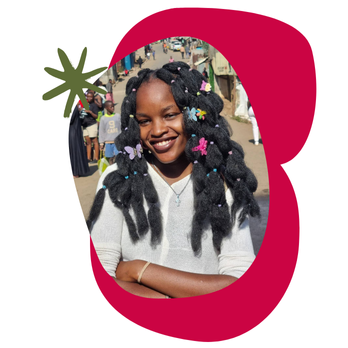Contact:
Bridget Burns, WEDO, +1.914.310.3270 bridget@wedo.org
Sabine Bock WECF, +49 (89) 23 23 93 8 12 sabine.bock@wecf.eu
Claire Greensfelder, WEDO/WECF, +1.510.917.5468 claire.greensfelder@gmail.com
FOR IMMEDIATE RELEASE: 3 December 2014
Lima, Peru: Women from every region of the world are gathering daily in Lima over the course of two weeks to lobby for urgently needed political commitments at the 20th Conference of the Parties of the UNFCCC (UNFCCC-COP 20) and the 10th Conference of the Parties to the Kyoto Protocol (CMP-10). They are collaborating for a series of strategy meetings, trainings, and focused advocacy facilitated by the Women and Gender Constituency (WGC) of the UNFCCC, and putting on numerous events.
Of particular concern to the WGC are 1) ensuring a strong enough climate agreement to effectively address increasingly destructive global climate change and 2) ensuring recognition of and provision for implementing measures to achieve gender equality and human rights in all climate agreements, mechanisms to reduce carbon pollution and financing for developing climate solutions including mitigation and adaptation, as well as addressing loss and damage.
Early every morning, a caucus meeting of the WGC takes place within the walls of the UNFCCC site where women collectively propose, debate and ultimately agree upon political strategies, public interventions (short talks given in the plenary meetings of the COP 20) and media campaigns and plan informational “side events” and press briefings. (See attached schedule of meetings, side events and press briefings by the Women and Gender Constituency at COP 20).
Four such interventions were drafted and presented on behalf of the WGC during the Opening Plenaries of Monday December 1st and Tuesday December 2nd, the first two days of COP 20 (see key quotes and links to full interventions below.)
The Women and Gender Constituency will be actively participating throughout the 2 weeks of COP 20.
WGC events and programmes at COP 20 are attached here, and their work can be followed at the WGC website and by following @WGC_UNFCCC, #GenderCOP20 on.
Key Quotes from Women And Gender Constituency Interventions from December 1st and 2nd, 2014.
At the COP 20 opening ceremony on Monday morning, Carmen Capriles of Reaccion Climatica (Bolivia) and a participant in the “Empower Women, Benefit for All” (EWA) leadership training program, addressed the delegates on behalf of the WGC: “In regions like ours here in Latin America, where women are distinguished by their triple work days; as heads of the household, as mothers and as fundamental players in the economy, it is important to recognize that their livelihoods are being affected [by climate change]….which is compounded by poor access to resources and land, lack of education, and lack of access to decision-making.”
Capriles continued: “This reality has caused women to be on the frontlines of climate action. On a daily basis, they propose solutions and take action while time is running out in the corridors of the negotiations. This fact should be recognized within the funding mechanisms for implementation where we must fully recognize the urgent need for tangible support, without which the prospects for survival worsen.”
Capriles concluded: “My generation is witnessing the melting of our Andean glaciers, but we are not nor will we be silent witnesses, we are here to make an urgent call to governments to take drastic measures, make ambitious commitments and implement real solutions. Full and equal participation, human rights, and gender equality are essential to achieving these solutions.”
WGC member and EWA Program participant Kalyani Raj, representing the All-India Women’s Conference proposed the following in her intervention in the plenary of the Subsidiary Body for Scientific and Technological Advice (SBSTA) addressing why the WGC does not support a major focus on Carbon Capture and Storage technologies:
“Low carbon technologies play an important part in adaptation and mitigation strategies, but only if they are safe, nuclear-free, and based on the needs and benefits of women and men, respecting human rights, enhancing resilience, reducing current and future emissions and facilitating a genuine transformation leading to truly sustainable development and climate protection. Carbon capture and storage (CCS) is not one of them.”
Raj also called for priority consideration for the most vulnerable, gender-sensitive response measures in the work programme, and recognition and inclusion of traditional knowledge of indigenous women in combatting climate change.
Gertrude Kenyangi of the Ugandan group Support for Women in Agriculture and Environment and another participant in the EWA leadership program presented the WGC’s recommendation for a new and expanded decision on gender and climate change to the Subsidiary Body for Implementation (SBI) for the UN Climate Agreements stating that “A COP 20 decision will strengthen gender-responsive climate policy as well as effective implementation.”
Kenyangi also offered the support and participation of the WGC in regional training workshops then concluded with a demand to Governments to address the needs of those most heavily affected by climate disruption: “The Women and Gender Constituency urges parties to make significant progress in the operationalization of the Loss and Damage Mechanism ensuring effective means of implementation to address communities and ecosystems most impacted by climate-induced losses.”
On Tuesday, December 2nd, Mrinalini Rai of Nepal, representing WGC member group the Global Forest Coalition, addressed the UNFCCC body Advancing the Durban Platform for Enhanced Action or ADP where the details of the next major and highly anticipated climate agreement are being negotiated, to be decided in Paris in December 2015,
Rai’s intervention was clear in its message:
“It is crucial that gender equality is included as a guiding principle in the operative language of the new climate agreement, [as a] cross-cutting issue in all elements of climate policy.” Rai continued: “given the critical role women and men play as contributors to climate action, we urge Parties to enhance recognition of gender equality in relation to mitigation and technology.”
Representing the sentiments of the WGC, Rai went on to advocate for the inclusion of all of civil society in the development of the new climate agreement: “Of additional importance is ensuring open, inclusive and transparent processes for the participation, views and perspectives of civil society in climate change decision-making and actions. This includes women, youth, indigenous peoples, and local communities, with considerable expertise to be found in each of the constituencies represented here in Lima.”
Rai asked the Parties to prioritize local, decentralized energy solutions: “we urge Parties to focus and prioritize investment and dialogue on real solutions instead of high risk systems like CCS and nuclear technology, which pose significant health, cultural, economic and ecological risks, especially to those who are in vulnerable situations. We have an incredible opportunity for an energy transformation toward safe, renewable energy systems focusing on bottom-up approaches.”
In closing, Rai offered the WGC’s view on a fundamental principal of the UNFCCC – Common but Differentiated Responsibilities, or CBDR:
“We ask you to remember that Common but Differentiated Responsibilities (CBDR) exist not only for countries, but also between communities, between rich and poor, and also between men and women. This is the right moment to set the bar high and ensure that future climate policies take into account the rights, needs, perspectives, capacities and expertise of women and men alike, in order to achieve truly sustainable development and avert the climate crisis.
FULL SCHEDULE OF THE WGC EVENTS AT THE COP:
https://womengenderclimate.org/wp-content/uploads/2014/12/WGC-COP-20-Media-Kit.pdf
The Women and Gender Constituency (WGC) – made up of international, regional and national networks working on the intersections of women’s rights, gender equality and the environment- is the formal space for women’s and gender civil society organizations to debate, streamline and strengthen the positions, and engage effectively in the UNFCCC climate change negotiations. The Constituency draws upon global commitments to gender equality and women’s rights, especially as they relate to climate change and related commitments and Conventions. The Constituency works to ensure human rights and a gender perspective is incorporated into UNFCCC negotiations, plans and actions. Website: www.womengenderclimate.org
Member Organizations: All India Women’s Conference (AIWC); Asia-Pacific Forum on Women Law and Development (APFWLD); Centre for 21st Century Issues (C21st); ENERGIA, part of the ETC Foundation; LIFE- Education Environment Equality e.V.; GenderCC; Global Forest Coalition; Huairou Commission International; Council for Adult Education (ICAE); Watershed Organisation Trust (WOTR); Women Environmental Programme (WEP); Women Organizing for Change in Agriculture and Natural Resource Management (WOCAN); Women’s Environment & Development Organization (WEDO); Youth Action for Development (AJED-CONGO).
Women and Gender Constituency communications and outreach at COP20 is being supported through the EWA programme.The EWA “Empower Women – Benefit (for) All” programme is funded by the Ministry of Foreign Affairs of the Netherlands. The international activities are jointly implemented by WECF and its partner WEDO.



